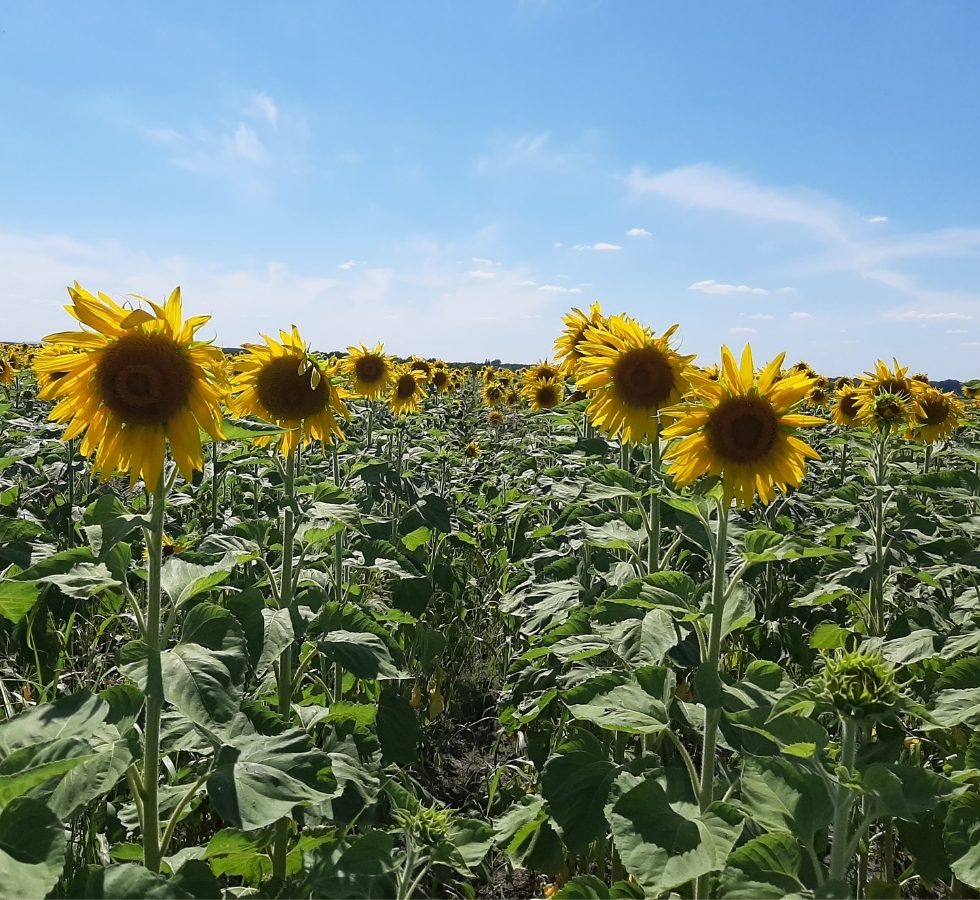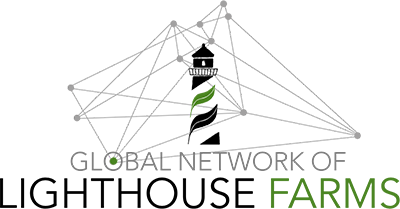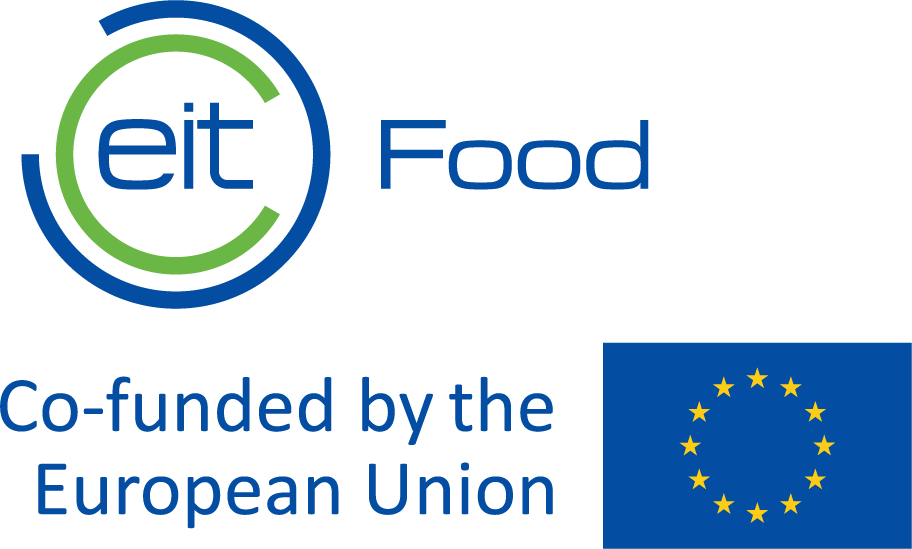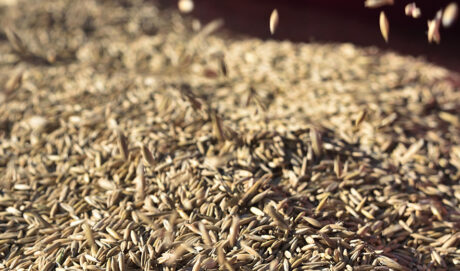According to the definition from 1990, sustainable agriculture is a concept based on human goals and an understanding of the long-term impact of human activities on the environment and thus on other species.
This term arose from the need to define agricultural production practices that do not degrade natural resources, but provide long-term yields and meet global food demand. Such a system is oriented towards the environment and natural resources, it has a high economic value and improves the quality of farmer’s life, the local community and society as a whole. With this in mind, the improved quality of the environment and the preserved resources in sustainable systems remain to be used as well for future generations.
Stay informed with our latest sustainable farming insights and exclusive content. Subscribe now.
"SUSTAINABILITY"
Even though we hear more and more about the word “sustainability”, the concept of sustainability itself is not new to the farming practice nor in science, and it has been a part of theory and practice for centuries. As a descriptor for certain sustainable agriculture systems, the term organic has been in wider use since the middle of the last century and used to describe farming systems that focused on the farm as a dynamic, living, balanced, organic whole, or an organism.
A milestone in the development of sustainable agriculture was the research that proved the correlation between soil condition, food quality, and human health.
Development of sustainable agriculture
In the last century, clinical trials conducted in England have shown the negative impact of poor land management in agriculture, especially poor management of organic matter, and its effects on human health. Despite the efforts of individual scientists who encouraged the development of sustainable agriculture, almost all scientific disciplines have ignored it, with the exception of ecology and agroecology.
Today, environmentally friendly practices that agroecology promotes are becoming an inevitable part of agricultural production.
The concept of sustainable agriculture, as well as agroecology, implies many more aspects than crop production. The main pillars of sustainability are social, economic, and environmental. They are interconnected and if one is neglected, the others are expected to fail.
ECONOMIC ASPECT
The economic aspect implies long-term profit for farmers through processes such as diversification, abandonment of conventional models that lead to soil degradation, and minimizing all risks threatening production.
ENVIRONMENTAL ASPECT
The environmental aspect is reflected in the shift to less harmful inputs and generally to minimizing external inputs, reducing pollution of natural resources, which will, in turn, result in improved food quality and safety, tourism development, and many side benefits. This aspect is seen through the promotion of biodiversity and environmentally friendly practices for water and soil conservation.
SOCIAL ASPECT
The social aspect is reflected in the development of the local community, improved quality of life, nurturing tradition, culture …
Sustainability is a direction, rather than a destination. -J. Dumanski
Ask this question
In order to change the mindset of farmers, and every person in general, and achieve a sustainable way of living, it is necessary to understand this concept. Every human being on this planet should ask themselves a question: what will happen when we bring climate change to a point of no return and when all our natural resources become toxic?
We all need to recognize our social responsibility towards our children, towards the planet and all living beings, and try to make a positive impact by changing our life habits.
WHERE TO START?
In agriculture, the starting point is to understand how important is the biological productivity of the soil, and later on to encourage microbiological activities in the soil. Directly related to this is the amount of organic matter in the soil that the microorganisms feed on, which is directly related to soil fertility.
Then, reducing the risks in agriculture, which is considered by some scientists as a pillar of sustainability and can be achieved by sowing crops suitable for the climate conditions of the area, sowing combined crops instead of monoculture, reducing all types of erosion…
UNDERSTANDING ECOSYSTEMS
Long-term planning must allow regeneration of the land, water, and other resources by reducing chemical inputs and their replacement with environmentally friendly alternatives. Understanding how ecosystem functions will help both farmers and consumers to improve their health and the environment while achieving greater efficiency by doing business in harmony with nature.
OUR WAY TO SUSTAINABLE AGRICULTURE
Although it has long been clear to some that livestock farming is unsustainable and destructive to consumer health, the environment, and the economy, only recently has agriculture without any animal inputs received the attention it deserves.
With agriculture without the share of livestock and education that we want to implement by our example, we want to prove that it is possible to achieve yields without contributing to global warming, species extinction, droughts, disease development, greenhouse gas emissions, water, and air pollution.
CLOSED NITROGEN CYCLE
We strive for a closed nitrogen cycle within our fields, in which we return the amount of nitrogen taken out by the harvest to the soil and encourage microbial activity which transforms organic matter into nutrients easily accessible crops. We use cover crops for these purposes to prevent leaching and loss of nutrients from the bare soil during the winter or as a source of nitrogen that will be directly incorporated into the soil before the flowering phase.
BIOLOGICAL CONTROL
We encourage biological control of diseases, pests, and weeds with a comprehensive approach that includes: monitoring of their occurrence; their life cycle; impact on plants in different stages and effects of crop rotation; use of biological products; the effect of intercropping, etc.
EXPERIMENTAL FIELDS - SOURCE OF INFORMATION
Experimental fields with alternative crop species will provide us additional knowledge about conditions for encouraging the development of beneficial organisms, predators, and pests, and the effects of different crops on weeds and the most effective agrotechnical methods for their mechanical control.
Given that we are just at the beginning of the journey towards sustainable agriculture, we are testing various technologies and advanced scientific achievements to get closer to the concept of sustainability. In the future, this means reduced tillage, minimized use of fossil fuels, the use of renewable energy sources, and a system that can function with a minimum of our interventions, which is resilient, healthy, and self-sufficient.
Mina Milošević
More on this topic:
“The author’s views are entirely his or her own and may not necessarily reflect the views of Login5 Foundation.”


















